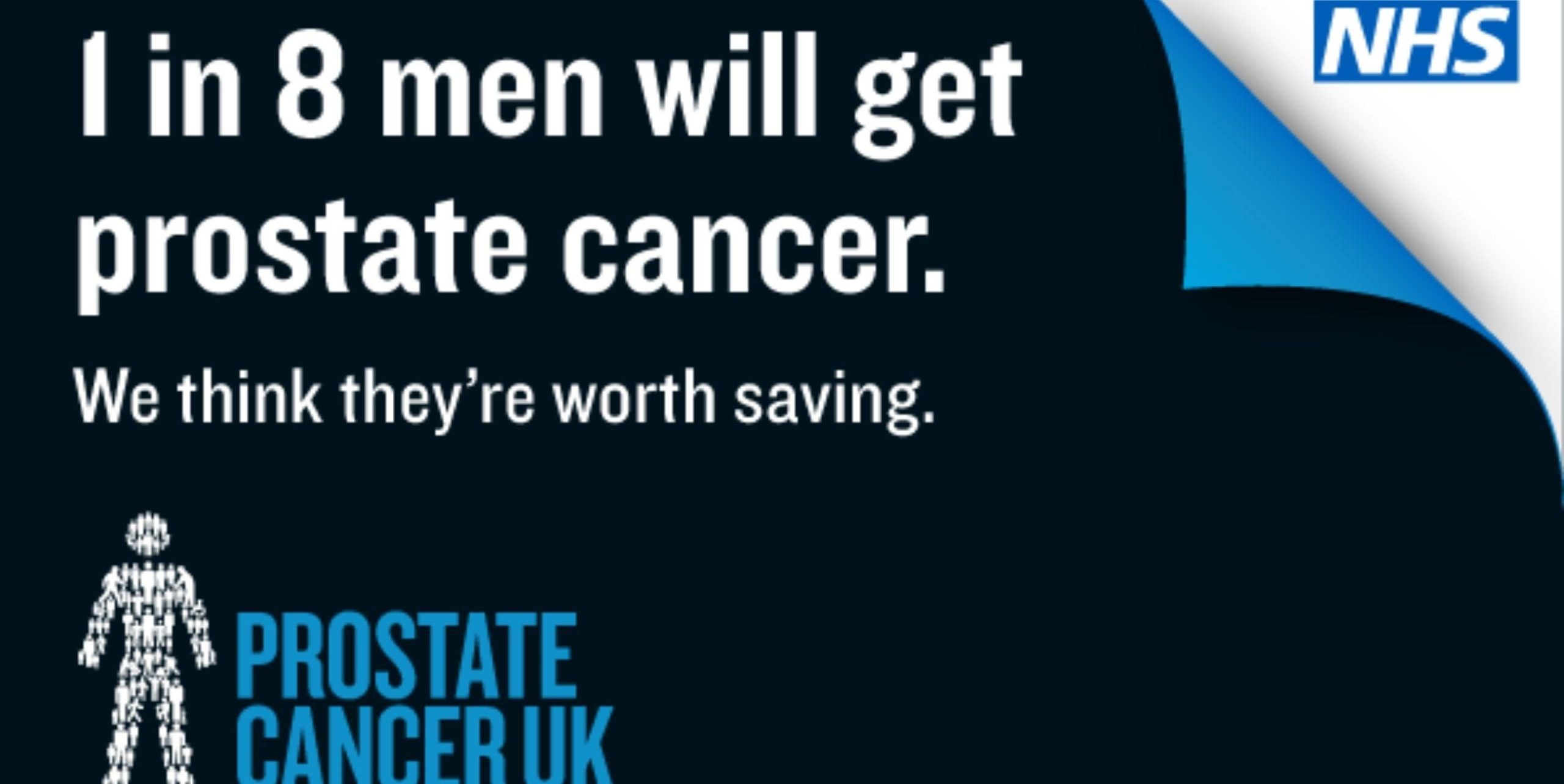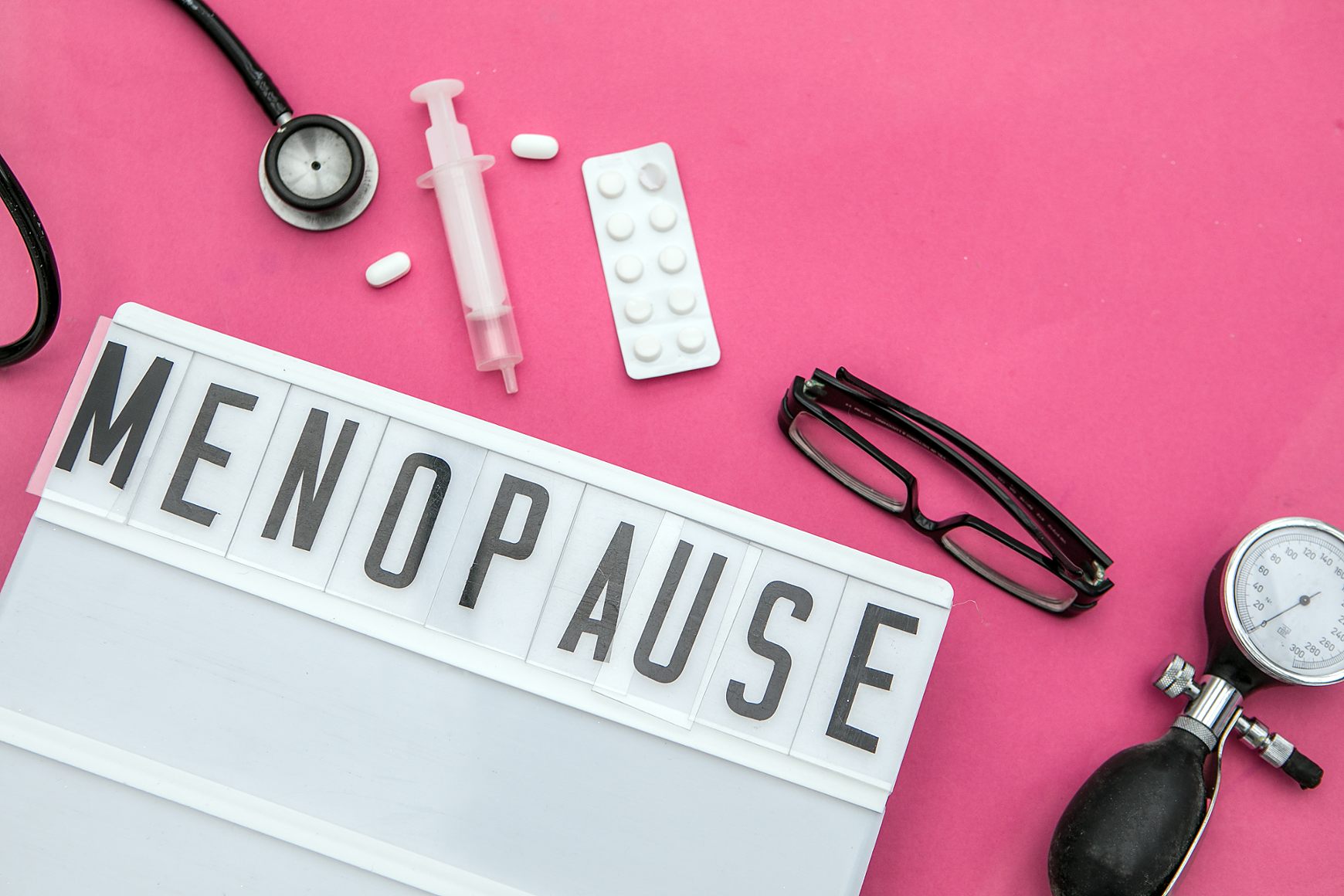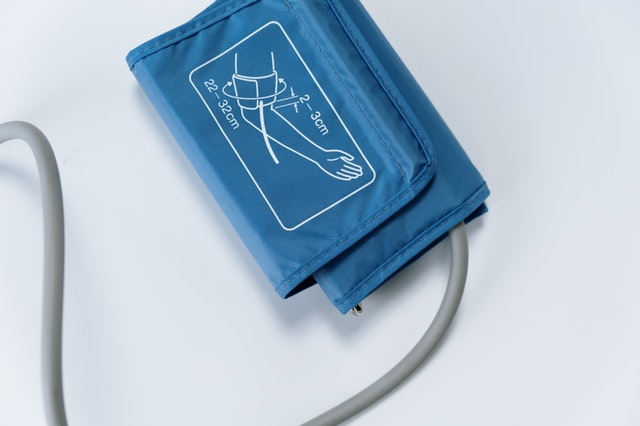As a new patient, you can simply nominate us for electronic prescriptions so your prescriptions come directly to us. We will dispense the medication and deliver it to you.

Urinary Tract Infections (UTI) Urinary tract infections (UTIs) are the second most common kind of infection (after chest infections). The urinary tract is made

Thursday 1st September sees the launch of Urology Awareness Month 2022. Urology Awareness Month is an annual campaign to raise awareness of urological

What’s the Best Sunscreen for your Skin? Sunburn is known to increase the chance of getting skin cancer and it does not only occur whilst travelling.

Key facts The average age of menopause diagnosis in the UK is 51 years although this varies by ethnicity It is estimated that

What is urinary incontinence? Urinary incontinence can be defined as ‘the unintentional passing of urine’ and represents a very common condition, affecting millions of

We are now able to check your Blood Pressure at our Pharmacy. If you are over 40 years of age and live in England we
Read about abdominal aortic aneurysm (AAA), which is a bulge or swelling in the aorta (the main blood vessel running from the heart to the tummy).
READ MOREFind out who is offered abdominal aortic aneurysm (AAA) screening, why it’s done and what it involves.
READ MOREFind out what an abortion involves, how you can get one on the NHS, and what support is available to help you make a decision.
READ MOREFind out how to relieve back pain, what can cause it, and when to get medical advice.
READ MOREBacterial vaginosis (BV) is a common cause of unusual vaginal discharge. BV is not a sexually transmitted infection (STI), but it can increase your risk of getting an STI such as chlamydia.
READ MOREFind out what causes bad breath (halitosis), how to treat and prevent it, and when to seek medical advice.
READ MOREFind out why caesarean sections are carried out, whether you can ask for one, what they involve, and what the risks are.
READ MORERead about cancer, a condition where cells in a specific part of the body begin to reproduce uncontrollably. The cancerous cells can invade and destroy surrounding healthy tissue.
READ MORERead about why CT scans are carried out, and find out what happens before, during and after the scan.
READ MOREFind out what causes dandruff, what you can do to get rid of it and when to get medical advice.
READ MOREDecongestants are medicines that can provide short-term relief for a blocked or stuffy nose (nasal congestion). Find out about the different types and who can take them.
READ MORERead about DVT (deep vein thrombosis), including how to tell if you have a DVT and treatment. Also, what causes DVT and how to reduce your chances of getting it.
READ MOREFind out about ear infections, which are very common, particularly in children. See a GP if the infection does not settle in a couple of days.
READ MOREEarache and ear pain is common, particularly in young children. It’s not usually a sign of anything serious, but it can be painful. NULL
READ MOREFind out about early menopause, when a woman’s periods stop before the age of 45, and the treatment available
READ MORERead about fainting (syncope), a sudden temporary loss of consciousness that usually results in a fall.
READ MOREAnyone can have a fall, but older people are more vulnerable and likely to fall, especially if they have a long-term health condition.
READ MOREFebrile seizures (febrile convulsions) are fits that can happen when a child has a fever. They most often happen between the ages of 6 months and 3 years.
READ MOREUnderstand more about gallbladder cancer, its symptoms, when to get medical help, testing and diagnosis, treatment and where to find help and support.
READ MOREA ganglion cyst is a fluid-filled swelling that develops near a joint or tendon. The cyst can range from the size of a pea to the size of a golf ball.
READ MOREFind out about haemophilus influenzae type b (Hib), a bacterium that can cause a number of serious illnesses, particularly in young children.
READ MOREReactions to hair dye are avoidable if you follow some simple safety advice. This page offers advice to anyone who uses permanent or semi-permanent hair dye, especially the darker-coloured dyes.
READ MOREHair loss can have many causes. Alopecia is the general medical term for hair loss. Find out when to see a GP and what treatments are available.
READ MORERead about ibuprofen, a painkiller available over the counter without a prescription.
READ MOREFind out about ichthyosis, a condition that causes widespread and persistent thick, dry, \”fish-scale\” skin.
READ MOREFind out about impetigo, a skin infection that’s very contagious but not usually serious. Read about the symptoms and when to get medical help, plus how it can be treated and prevented.
READ MOREFind out about jaundice, where the skin and the whites of the eyes turn yellow. It’s caused by a build-up of a substance called bilirubin.
READ MOREFind out what to do after a sea creature sting. You can usually use first aid, but call 999 for an ambulance if there are serious symptoms like severe swelling.
READ MOREFind out what causes jet lag and what you can do to reduce its effects. Get plenty of rest before you travel and try adjusting your sleep routine to the time zone of the place you’re travelling to.
READ MORERead about Kaposi’s sarcoma, a rare type of cancer caused by the human herpesvirus 8 (HHV-8) virus. It affects the skin, mouth and sometimes the internal organs.
READ MORERead about keratosis pilaris, which is a common, harmless condition where the skin becomes rough and bumpy, as if covered in permanent goose pimples.
READ MORESudden knee pain is often caused by overusing the knee or injuring it. Find out what you can do to treat it yourself and when to get medical help.
READ MORERead about labial fusion. This is when the small inner lips around the entrance to the vagina become sealed together. It’s fairly common in girls under the age of 7. It usually gets better on its own, but can be treated with creams or, very rarely, surgery.
READ MORERead about labyrinthitis (also known as vestibular neuritis or vestibular neuronitis), including advice about symptoms, when to get medical help and treatment.
READ MOREA lactate dehydrogenase (LDH) test measures the amount of LDH in the blood.
READ MOREMCADD is a rare genetic condition where a person has problems breaking down fat for energy. Read about the symptoms, causes and outlook.
READ MOREMénière’s disease is a rare disorder that affects the inner ear. It can cause vertigo, tinnitus, hearing loss, and a feeling of pressure deep inside the ear.
READ MOREThe NHS Health Check is a health check-up for adults in England aged 40 to 74.
READ MOREFind out about the different types of screening offered by the NHS in England.
READ MORERead about non-steroidal anti-inflammatory drugs (NSAIDs), a widely used medicine for relieving pain, reducing inflammation, and bringing down a high temperature (fever).
READ MOREOesophageal atresia is a rare birth defect that affects a baby’s oesophagus (the tube through which food passes from the mouth to the stomach).
READ MORERead more about oral thrush, which is usually harmless. It’s common in babies and older people with dentures. It can be easily treated with medicines prescribed by a GP.
READ MORERead about orf, a viral skin disease that can be spread to humans by handling infected sheep and goats.
READ MOREFind out about positron emission tomography (PET) scans and how these three-dimensional images of the inside of the body can be used.
READ MOREFind out about faulty PIP breast implants, including why they are banned, and the latest safety information on removal and replacement.
READ MORERead more about premenstrual syndrome (PMS), which is the name for the symptoms women can experience in the weeks before their period.
READ MOREFind out about Q fever, a bacterial infection that can be spread to humans by infected farm animals, its symptoms and what to do if you have it.
READ MOREFind out about Raynaud’s phenomenon, a common condition that affects the blood supply to certain parts of the body, usually the fingers and toes.
READ MOREFind out why you might need to have a red blood cell (RBC) count and what the results could indicate.
READ MOREFind out when to get medical advice if you have a red eye, and read about the most common causes.
READ MORESarcoidosis is a rare condition that causes small patches of red and swollen tissue, called granulomas, to develop in the organs of the body.
READ MORERead about severe acute respiratory syndrome (SARS), a highly contagious, serious and potentially life-threatening form of pneumonia.
READ MOREFind out what soft tissue sarcomas are, what symptoms they can cause and how they’re treated.
READ MORERead about temporal arteritis (giant cell arteritis), a condition where arteries, usually in the head and neck, become inflamed. Find out what the symptoms are, how it’s treated and when to get medical help.
READ MORERead more about temporomandibular disorder (TMD), which is a problem affecting the \”chewing\” muscles and the joints between the lower jaw and the base of the skull.
READ MORERead about transcutaneous electrical nerve stimulation (TENS), a method of pain relief that involves the use of a mild electrical current.
READ MOREFind out when your urine albumin to creatinine ratio (ACR) should\r\nbe measured. ACR values can help identify kidney disease that occurs as a complication of diabetes.
READ MOREFind out about uveitis, a rare condition that causes inflammation of the middle layer of the eye, known as the uvea or uveal tract.
READ MORERead more about the symptoms, causes and treatments of vulval cancer, which is a rare type of cancer that affects women.
READ MORERead about the symptoms of vulvodynia, what the treatments are, and what else can cause vulval pain.
READ MORERead about warts and verrucas, which are small lumps on the skin. Find out what causes warts and verrucas, how they’re treated and when to get medical help.
READ MOREFind out about watering eyes, which can occur if too many tears are produced or they cannot drain away properly.
READ MOREWeight loss surgery is sometimes used as a treatment for people who are very obese. It can lead to significant weight loss and help improve many obesity-related conditions, such as type 2 diabetes or high blood pressure.
READ MORERead about West Nile virus (WNV), a virus spread by mosquitoes that is found in many countries around the world.
READ MOREFind out what you can do to help if you see someone having a seizure or fit.
READ MOREFind out about whiplash, how it happens, what the symptoms are and how it can be treated.
READ MOREFind out about the symptoms of whooping cough, who’s at risk, when to get medical advice, and how it’s treated.
READ MOREThe removal of wisdom teeth, or third molars, is one of the most common procedures carried out in the UK.
READ MORERead about Wolff-Parkinson-White (WPW) syndrome, a heart condition that can cause the heart to beat abnormally fast. Find out about the symptoms, causes and treatments.
READ MORECancer of the womb (uterus) is a common cancer of the female reproductive system that often causes abnormal vaginal bleeding.
READ MOREMost worm infections are not serious and can be easily treated with medicine. Find out what different types of worms look like, when to get medical help, and how to treat and prevent infections.
READ MORERead about how X-rays work, why they’re used, what happens before, during and after an X-ray, and what the risks are.
READ MOREFind out about yellow fever, including how it’s spread, where it’s found, what the symptoms are, how it’s treated, and the yellow fever vaccine.
READ MOREFind out about the different methods of contraception (to prevent pregnancy) available on the NHS, plus where to get them and how to decide which method suits you. Including emergency contraception (the morning after pill, and IUD).
READ MOREYour NHS Choices guide to cosmetic surgery and non-surgical cosmetic procedures. It includes information on risks, what to expect and what to do if something goes wrong, with links to other useful resources.
READ MOREAll you need to know about pregnancy, birth and looking after a baby, including trying to get pregnant, foods to avoid, antenatal care, breastfeeding and bottle feeding
READ MORECopyright Chesterfield Delivery Pharmacy.